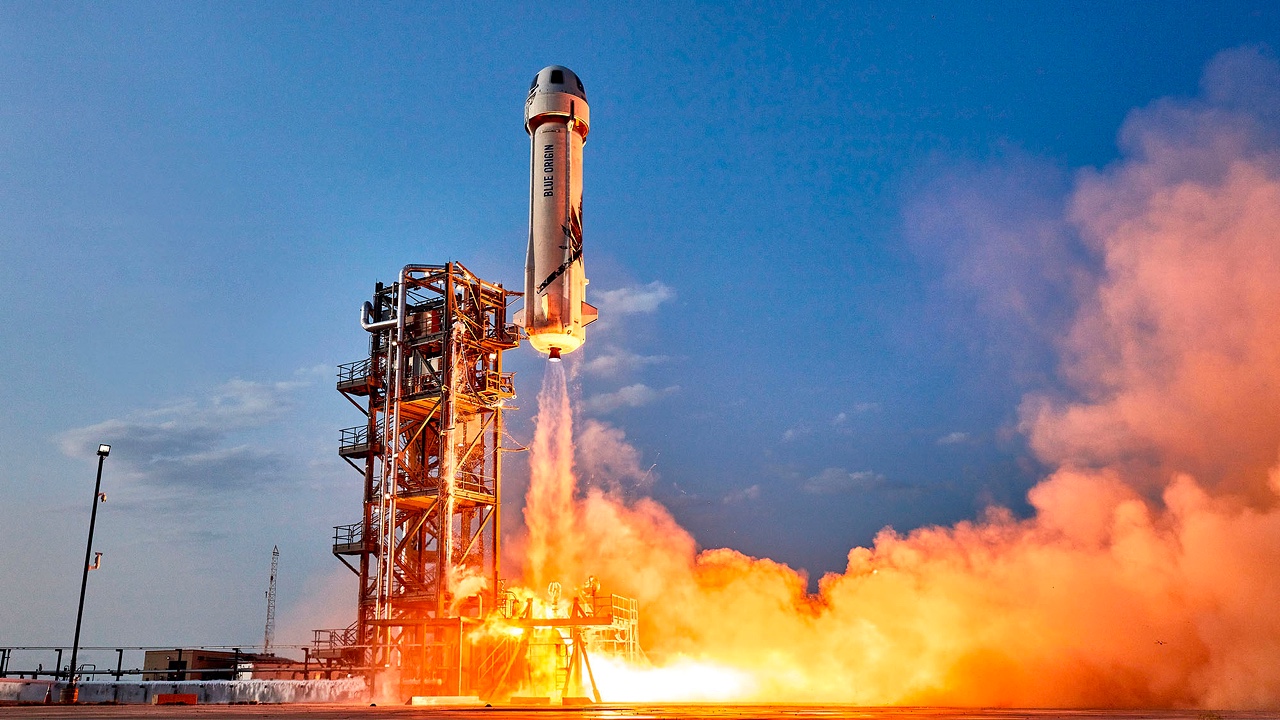
Rockets are most often associated with space exploration, but their applications extend far beyond launching satellites and sending humans to the moon. Over the years, the technology developed for rockets has found use in various industries, unlocking new possibilities and enhancing our daily lives in unexpected ways. Here are seven surprising ways rockets are being used beyond space exploration.
High-Speed Air Travel
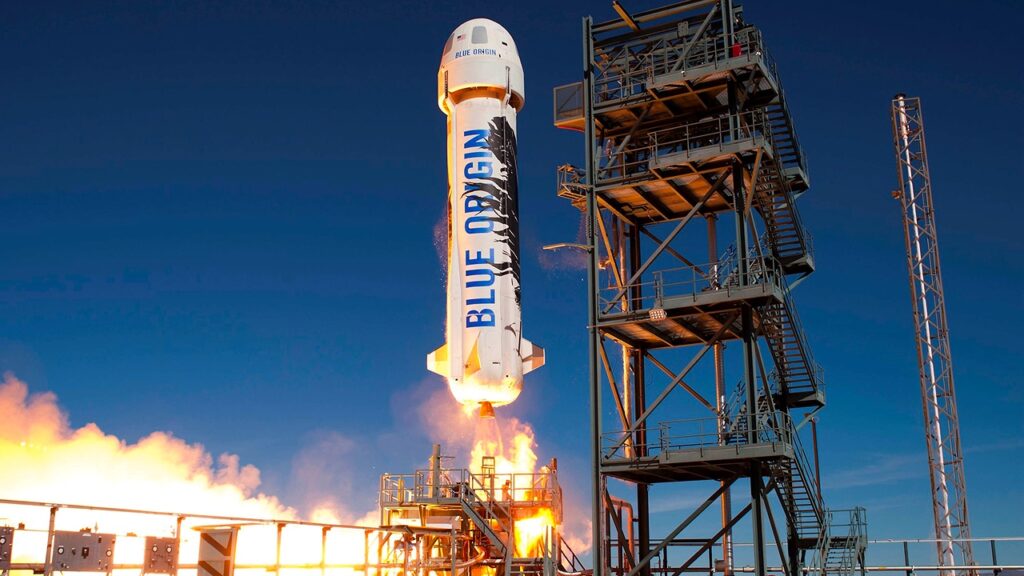
One of the most exciting applications of rocket technology is in the field of high-speed air travel. Companies like SpaceX and Blue Origin are exploring the use of rockets for suborbital flights that can drastically reduce travel times between cities. With speeds reaching Mach 5 and beyond, rockets could one day make global travel possible in under an hour. (Source: Spaceflight Now)
Military Defense Systems
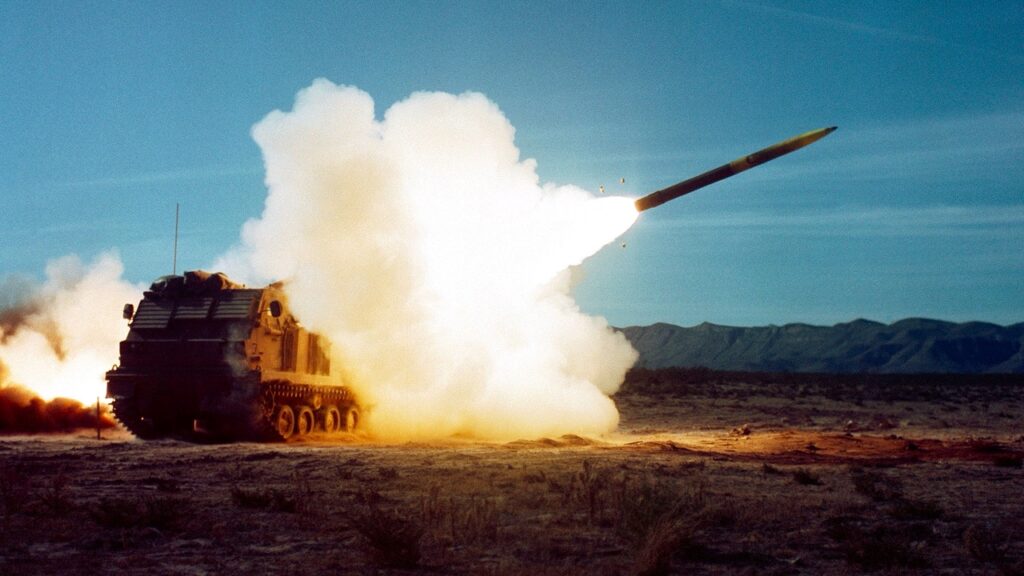
Rockets have long been a critical component of military defense systems. They are used in a variety of weapons, including surface-to-air missiles and ballistic missiles. The precision and power of rockets make them a key technology for national defense, providing countries with the ability to protect their borders and interests from airborne threats. (Source: Britannica)
Satellite Deployment
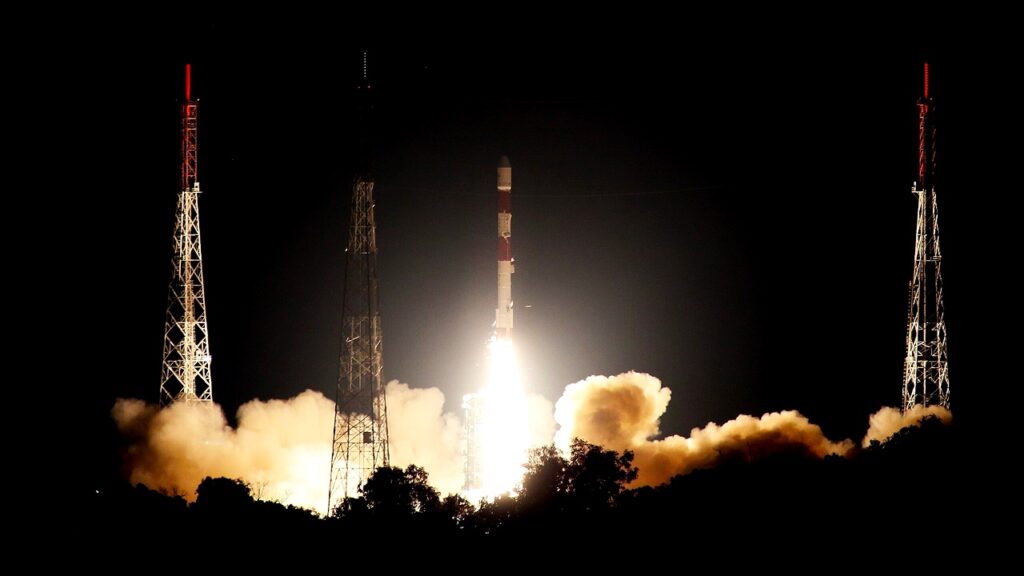
Beyond space exploration, rockets play a vital role in launching and maintaining communication satellites, weather monitoring systems, and Earth observation devices. These satellites are crucial for global communication, forecasting weather patterns, and monitoring environmental changes, all of which are essential to our modern way of life.
Rocket-Powered Cargo Delivery
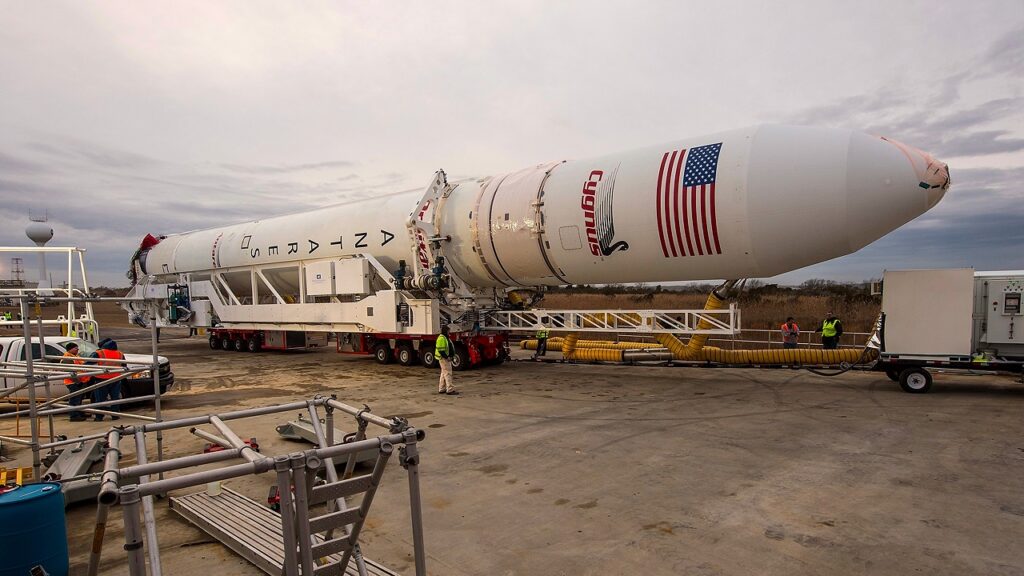
Rocket technology is increasingly being used for rapid cargo delivery, particularly for essential supplies in remote or disaster-stricken areas. Rockets can be used to transport goods to areas that are difficult to reach by traditional means, making them invaluable for humanitarian missions and emergency responses, particularly in regions with limited infrastructure. (Source: Air Force Research Laboratory)
Research in Extreme Environments
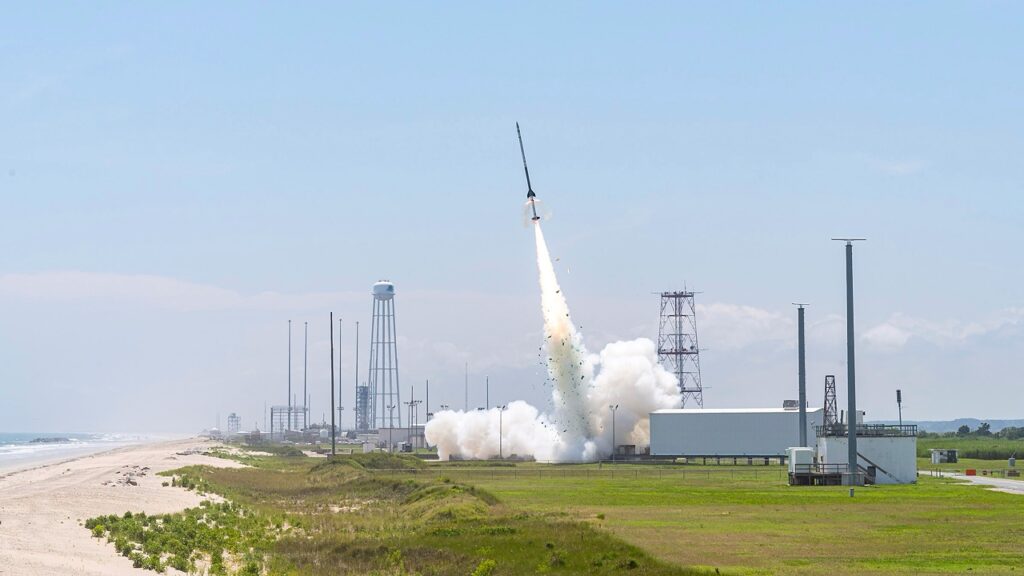
Rockets are used for scientific research in extreme environments, such as the upper atmosphere. By launching small, uncrewed rockets into these regions, researchers can study things like solar radiation, magnetic fields, and other phenomena that are otherwise difficult to access. This research helps to improve weather prediction models and deepen our understanding of the Earth’s atmosphere.
Rocket-Powered Urban Transportation
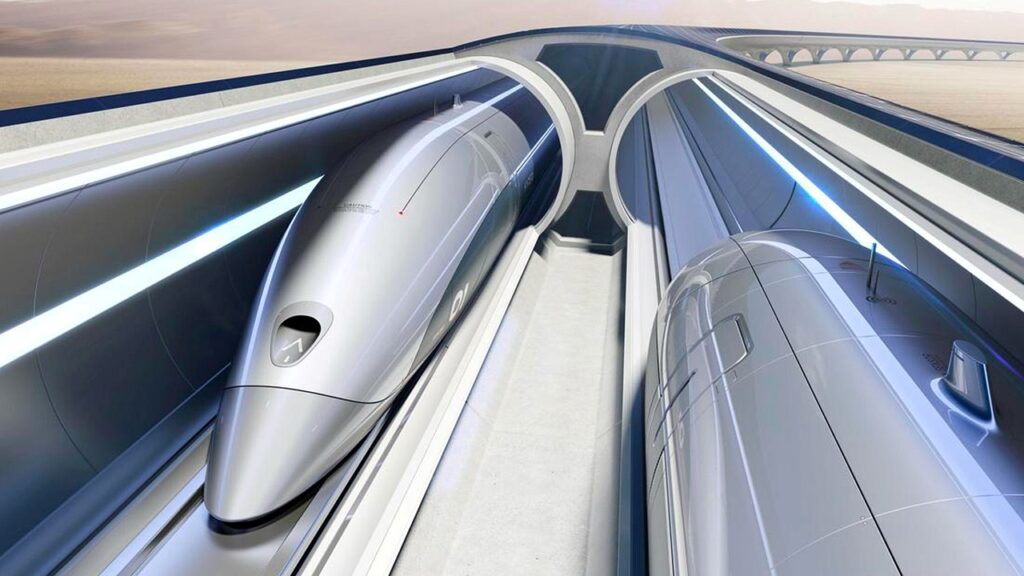
Innovative transportation concepts like the Hyperloop propose using low-pressure tubes to transport passenger pods at high speeds, potentially revolutionizing urban and intercity travel. This system aims to significantly reduce travel times while being energy-efficient. (Source: MAPFRE Global Risks)
Rocket-Assisted Firefighting
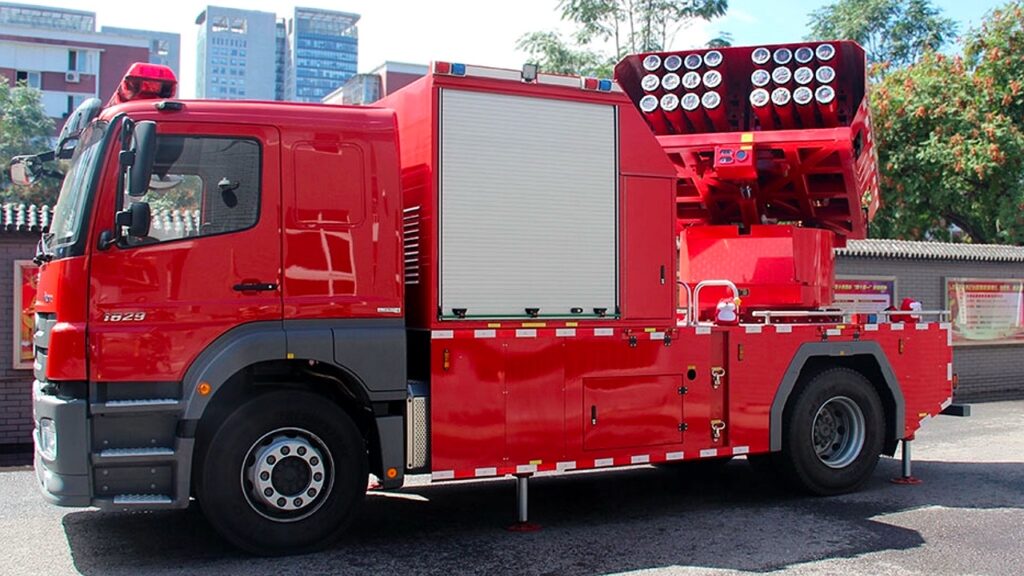
Rockets are even being used in firefighting technology. Rocket-assisted water pumps or water-dropping drones are being tested for use in fighting wildfires. By using rockets to quickly deploy water or fire retardants in hard-to-reach areas, this technology improves the efficiency of firefighting efforts, especially in large, rapidly spreading blazes.
Rockets have proven to be far more versatile than many might have imagined. Their applications extend into industries ranging from transportation and defense to research and disaster relief. As rocket technology continues to evolve, we can expect even more innovative uses that will continue to benefit society and solve some of the world’s most pressing challenges.